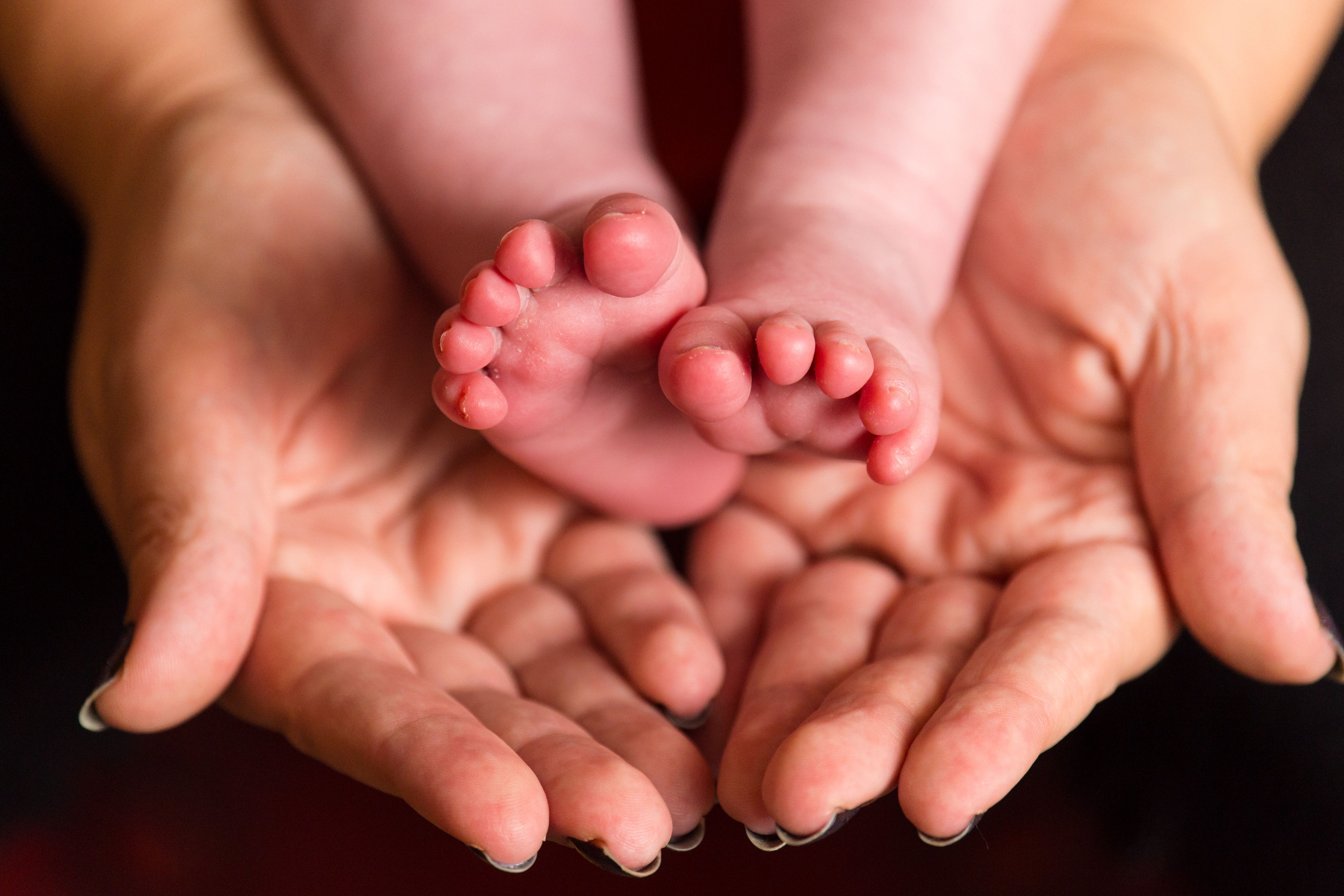Women should be made aware of ‘freebirthing’ risks, doctors warn
Unassisted births, or ‘freebirths’, are thought to have been on the increase since the start of the Covid pandemic.

Your support helps us to tell the story
From reproductive rights to climate change to Big Tech, The Independent is on the ground when the story is developing. Whether it's investigating the financials of Elon Musk's pro-Trump PAC or producing our latest documentary, 'The A Word', which shines a light on the American women fighting for reproductive rights, we know how important it is to parse out the facts from the messaging.
At such a critical moment in US history, we need reporters on the ground. Your donation allows us to keep sending journalists to speak to both sides of the story.
The Independent is trusted by Americans across the entire political spectrum. And unlike many other quality news outlets, we choose not to lock Americans out of our reporting and analysis with paywalls. We believe quality journalism should be available to everyone, paid for by those who can afford it.
Your support makes all the difference.Women should be made aware of the risks of “freebirthing” – where a woman gives birth without the help of a medic or midwife, doctors have said.
The Royal College of Obstetricians and Gynaecologists (RCOG) said women should be supported to have the birth they choose, but “safety is paramount” and families need to be aware of the risks of going it alone.
Unassisted births, or “freebirths”, are thought to have been on the increase since the start of the Covid pandemic, when people may have been worried about attending hospitals and home births were suspended in many areas.
Midwives are understandably concerned about women giving birth at home without assistance, as it brings with it increased risks to both the mother and baby
The practice is not illegal and women have the right to decline any care during their pregnancy and delivery. Some women hire a doula to support them during birth.
The Nursing and Midwifery Council (NMC) told the PA news agency it is in the early stages of collaboration with the Chief Midwifery Officer’s teams, the Royal College of Midwives (RCM) and the Department of Health to better understand professional concerns about freebirthing and what organisations may need to do.
The RCM also confirmed it is looking at the issue.
Its statement on unassisted births supports women’s choice, but notes that “midwives are understandably concerned about women giving birth at home without assistance, as it brings with it increased risks to both the mother and baby”.
It also states that women need to be informed that a midwife may not be available to be sent out to their home during labour if they change their mind and wish to have help.
Women opting for unassisted births need awareness of the potential challenges and delays in accessing medical assistance if complications arise, as emergency intervention may be necessary, even for those at low risk
Professor Asma Khalil, vice president of the RCOG, told PA: “Women and people should have the right to give birth in an environment in which they feel comfortable, and should be supported in their birth choice.
“However, safety is paramount and, while most births are uncomplicated, advising women about the potential risks is crucial for informed decision-making.
“Women opting for unassisted births need awareness of the potential challenges and delays in accessing medical assistance if complications arise, as emergency intervention may be necessary, even for those at low risk.
“Home births, supported by a midwife, may be suitable for healthy, low-risk women who are having a second or subsequent child and have had a straightforward pregnancy.
“However, for women having their first baby, evidence shows a home birth slightly increases the risk of a poor outcome for the baby.
“Some degree of anxiety about giving birth is common in many expectant mothers.
Women should be given the opportunity to address their fears and past traumas via open discussions with their midwife or obstetrician
“Women should be given the opportunity to address their fears and past traumas via open discussions with their midwife or obstetrician.”
The Royal Surrey NHS Foundation Trust has recently reviewed its policy on unassisted birth and tells women they will need to go to hospital if they find they need help with a unassisted delivery.
A spokeswoman for the trust said: “While we fully respect women’s rights to decline maternity care throughout pregnancy, as healthcare professionals we have a duty to provide information about the associated risks and offer them the opportunity to engage with care at any point in their pregnancy journey.
“If we are contacted to help a woman in labour who is not booked for care with us, we will assess the best way for her to come to the hospital and support the process to achieve safe transfer.
“We will provide all care required to the best of our abilities within our maternity service on arrival, ensuring the safest care for mothers and babies.”
According to the trust, any woman who contacts it in an emergency situation during labour who has not received routine maternity care will be advised to go to hospital, where staff and equipment are available to manage any difficulties.
A story published earlier this week in the Health Service Journal (HSJ) suggested other NHS trusts have also raised concerns about a rise in freebirths.
The Birthrights charity has been contacted for comment.